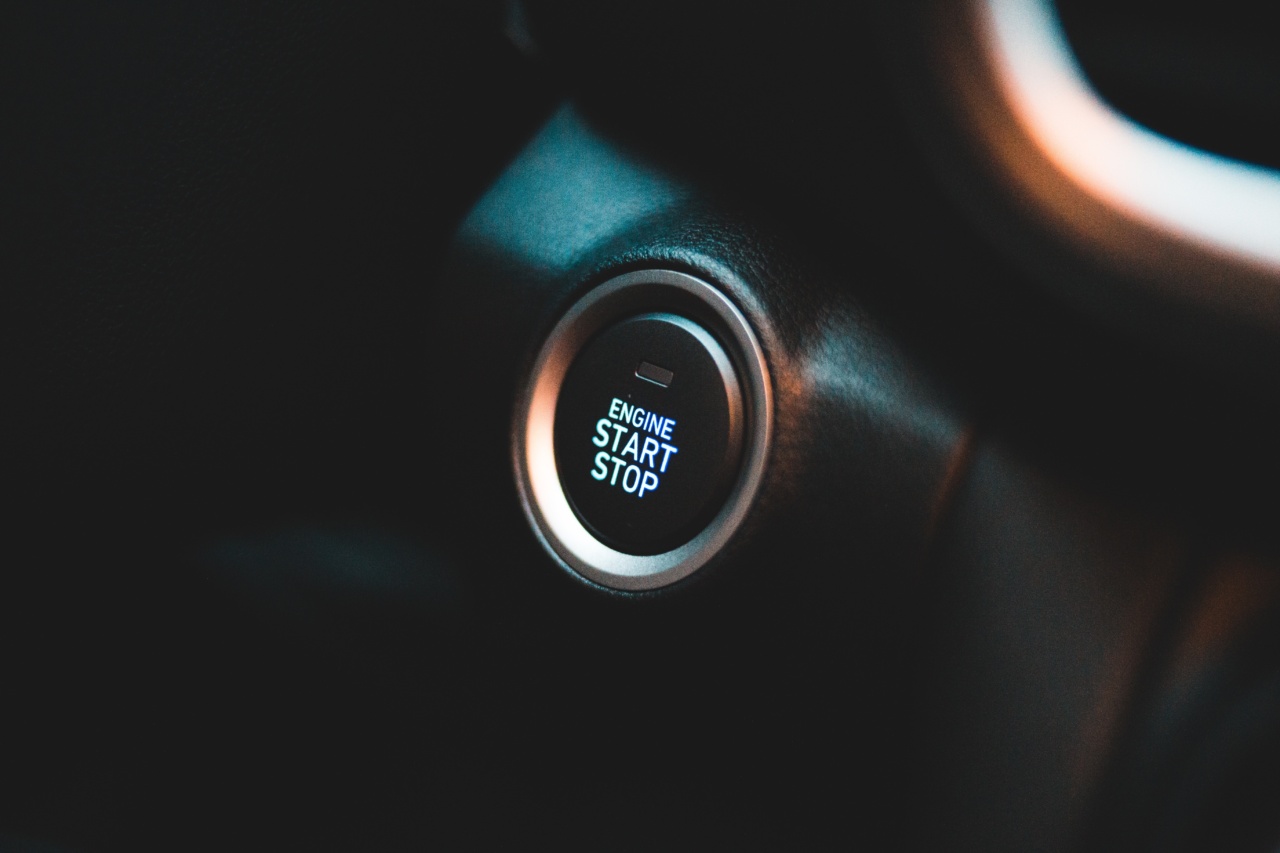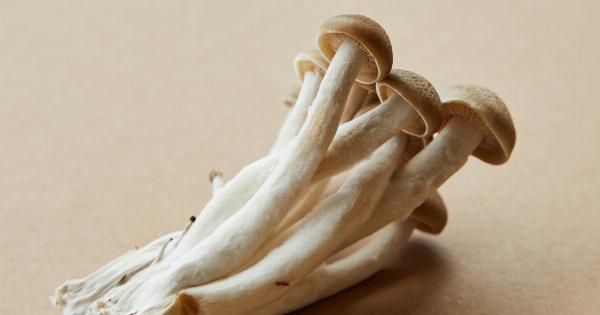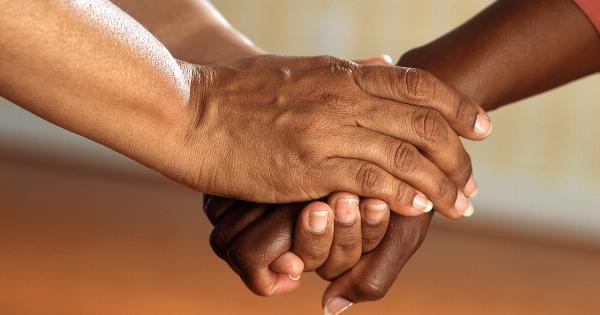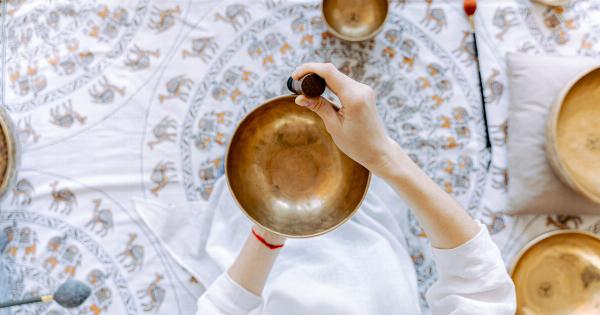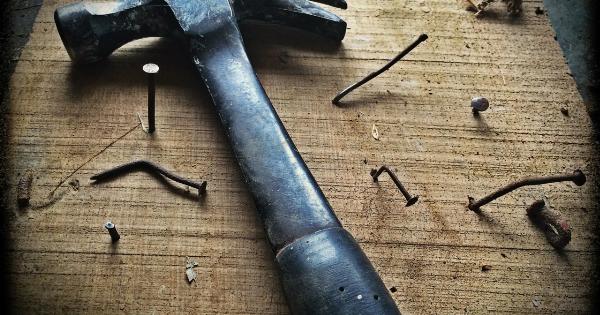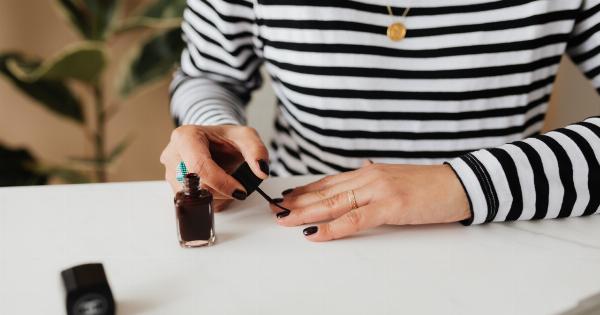Welcome to a comprehensive guide on overcoming onychophagia, the habit of nail biting. Nail biting is a common behavior that many people struggle with, often starting in childhood and continuing into adulthood.
This seemingly harmless habit can have negative consequences on both physical and mental health. In this article, we will explore the reasons behind nail biting, its impact on individuals, effective strategies to stop nail biting, and tips for healthier nail care.
Understanding Onychophagia
Onychophagia, commonly known as nail biting, is a compulsive behavior where individuals chew or bite their nails. This habit often extends to the cuticles and surrounding skin.
Nail biting can occur unconsciously as a result of stress, anxiety, boredom, or even as a habitual response to certain triggers.
Many individuals start nail biting during childhood, with studies showing that it affects about 30% of children and up to 45% of teenagers. While some people outgrow this habit naturally, others struggle with it throughout their lives.
Onychophagia can be more than just a habit; it may be a symptom of underlying emotional or psychological issues.
The Impact of Nail Biting
Nail biting may seem harmless, but it can actually have various negative consequences. Let’s explore some of the impacts of onychophagia:.
1. Damage to the Nails and Surrounding Tissue
Constant nail biting can lead to damage to the nails, cuticles, and surrounding skin. The repeated trauma weakens the nails, making them more prone to breakage, thinning, and infection. It can also cause hangnails, bleeding, and pain.
2. Dental Problems
Nail biting places excessive pressure on the teeth and jaws. This can lead to dental problems, such as chipped or cracked teeth, temporomandibular joint (TMJ) disorders, and malocclusion.
It can also contribute to the buildup of bacteria in the mouth, increasing the risk of oral infections.
3. Infections
When nails and the surrounding skin are constantly bitten or picked, it creates an entry point for bacteria, viruses, and fungi. This increases the risk of developing infections in the fingers and nails.
Common nail infections include paronychia, a painful infection of the nail fold, and onychomycosis, a fungal infection of the nail.
4. Social and Emotional Impact
Nail biting can negatively affect an individual’s self-esteem and body image. It can be embarrassing or socially unacceptable, leading to feelings of shame and self-consciousness.
The visible effects of nail biting may result in social isolation, avoidance of certain activities, and difficulties in forming relationships.
Moreover, nail biting often coexists with stress, anxiety, or other mental health conditions.
It can become a coping mechanism to relieve tension, but it ultimately perpetuates a cycle of anxiety and nail biting, creating additional stress and emotional distress in the long run.
Strategies for overcoming Nail Biting
Breaking free from the nail biting habit may require a combination of strategies and a strong commitment to change. Below are some effective strategies to help you overcome onychophagia:.
1. Identify Triggers
Start by identifying the triggers that lead you to bite your nails. Is it stress, boredom, or a specific situation? Being aware of your triggers can help you develop alternative coping mechanisms.
Consider keeping a journal to track your nail-biting patterns and emotional states.
2. Replace the Habit
Replace nail biting with a healthier habit. For example, try using stress balls, fidget toys, or chewing gum to redirect the urge.
Keeping your hands busy with activities like drawing, knitting, or playing an instrument can also be effective in preventing nail biting.
3. Keep Your Nails Well-Manicured
Keeping your nails neatly trimmed and well-manicured can discourage nail biting. Apply a bitter-tasting nail polish or use adhesive bandages as a physical barrier to act as a reminder not to bite your nails.
Regularly moisturize your cuticles to prevent dryness and hangnails.
4. Practice Stress Management Techniques
Nail biting often occurs as a response to stress and anxiety. Managing stress through techniques like deep breathing, meditation, yoga, or engaging in relaxing activities can help reduce the urge to bite your nails.
Consider seeking professional help if stress or anxiety becomes overwhelming.
5. Create a Supportive Environment
Let your friends, family, and coworkers know that you are trying to quit nail biting. Their support and encouragement can be highly motivating. Consider joining support groups or seeking therapy to address any underlying emotional issues.
6. Reward Yourself
Set short-term and long-term goals for yourself, and reward yourself when you achieve them. Treat yourself to something you enjoy whenever you successfully resist the urge to bite your nails.
Celebrating your progress will reinforce your efforts and make the journey more enjoyable.
7. Practice Mindfulness
Practice mindfulness techniques to bring awareness to your nail-biting behavior. When the urge arises, take a moment to observe the sensations and thoughts associated with the urge, without judgment.
This increased self-awareness can help you gain control over the habit.
8. Seek Professional Help
If nail biting persists despite your efforts and starts affecting your daily life, seeking professional help can be beneficial.
Mental health professionals, such as therapists or counselors, can provide personalized strategies to address underlying emotional issues that contribute to nail biting.
Healthy Nail Care Tips
In addition to overcoming onychophagia, taking care of your nails is essential for their overall health and strength. Here are some tips for healthier nails:.
1. Keep Your Nails Hydrated
Regularly moisturize your nails and cuticles to prevent them from becoming dry and brittle. Use a nourishing cuticle oil or a moisturizing hand cream to maintain moisture and promote healthy nail growth.
2. Use Gentle Nail Care Products
Choose nail care products that are free from harsh chemicals and toxins. Opt for acetone-free nail polish removers and mild soaps to avoid further drying or damaging the nails.
3. Protect Your Nails
Protect your nails from potential damage by wearing gloves while doing household chores or any activities that involve exposure to harsh chemicals, water, or excessive friction.
4. Avoid Excessive Use of Nail Enhancements
Avoid excessive use of nail enhancements like acrylic or gel nails, as they can weaken and damage your natural nails. Take breaks between applications to allow your nails to breathe and recover.
5. Maintain a Balanced Diet
Ensure your diet is rich in essential nutrients for healthy nail growth. Include foods high in omega-3 fatty acids, biotin, zinc, and vitamins A, C, and E. Stay hydrated by drinking an adequate amount of water daily.
6. Don’t Skip Regular Nail Trims
Regularly trim your nails using sharp, clean nail clippers. Shorter nails are less likely to break or snag, promoting healthier and stronger nails.
Overcoming Onychophagia for Good
Nail biting may be a challenging habit to break, but with patience, perseverance, and the right strategies, it is possible to overcome onychophagia.
Freeing yourself from nail biting not only improves the appearance and health of your nails but also boosts your self-confidence and overall well-being.
Remember, overcoming onychophagia is a journey, and everyone’s path may be different. Be kind to yourself, celebrate small victories, and seek support when needed. You have the power to stop gnawing and start growing!.
